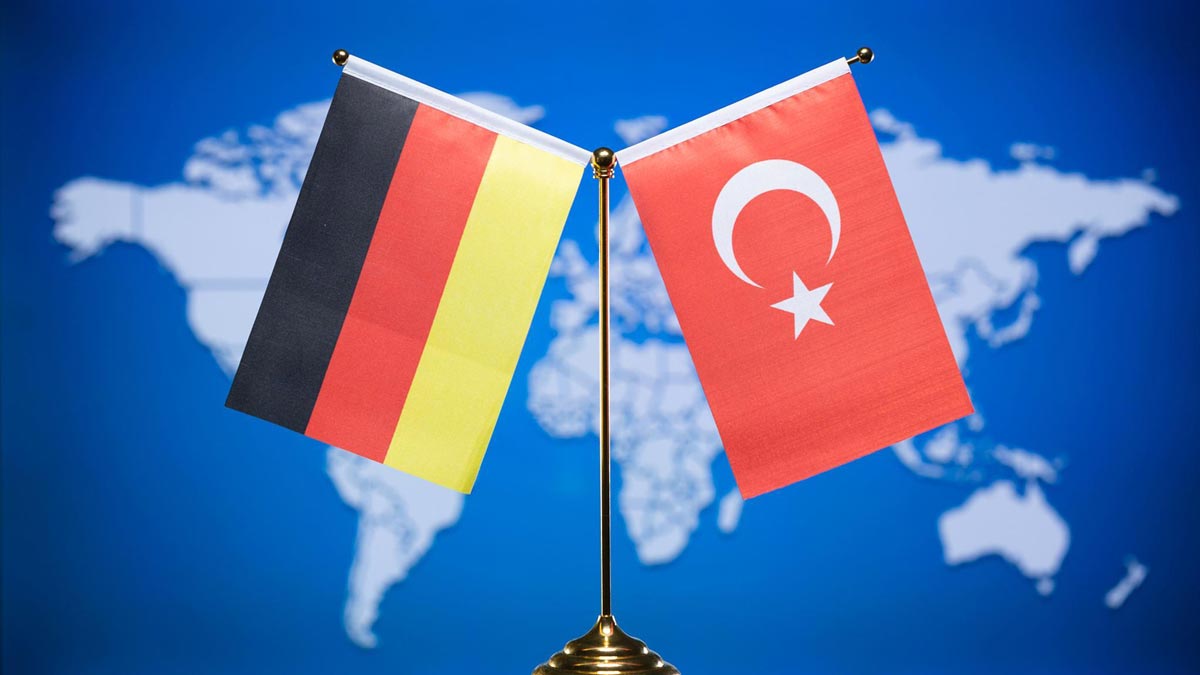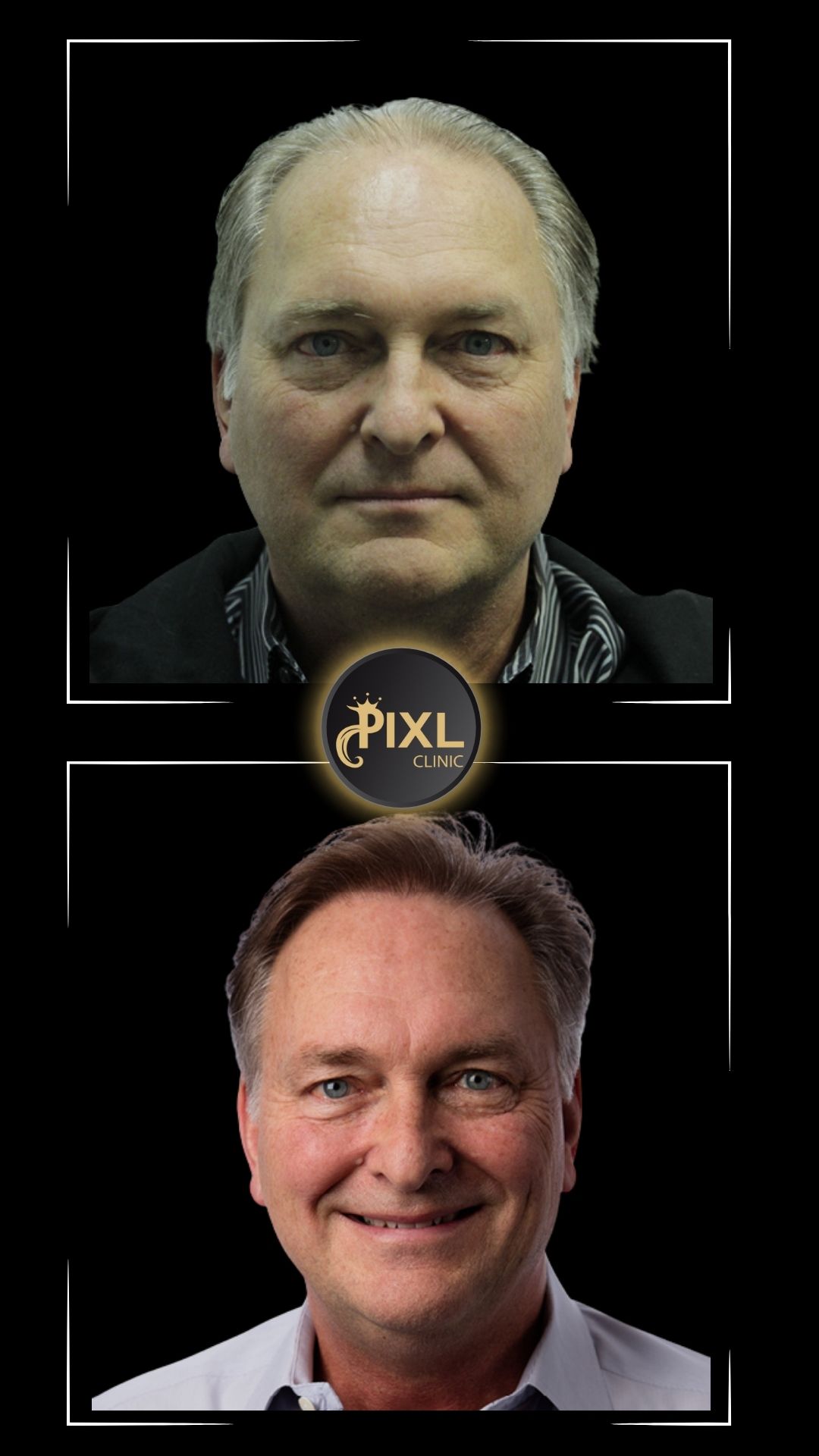Hair Transplant in Germany vs. Turkey: A Comprehensive Overview
Hair transplantation has become a sought-after solution for hair loss, and with the rise of medical tourism, many patients look beyond their home countries for high-quality and cost-effective procedures. Germany and Turkey are two popular destinations for hair transplants, but they cater to different types of patients and budgets. Here’s an in-depth comparison to help you decide which country might be the right choice for your hair restoration journey.
Cost Comparison
One of the most significant factors influencing the choice of location for a hair transplant is cost.
- Turkey: Known as a global leader in hair transplants, Turkey offers procedures at significantly lower prices. Depending on the clinic, costs typically range between €1,500 and €4,000. These competitive prices are due to lower operational costs, favorable exchange rates, and government-backed incentives for medical tourism.
- Germany: As a country with strict regulations and advanced medical standards, hair transplant procedures in Germany are more expensive, with prices ranging from €4,000 to €10,000. The higher cost reflects the country’s adherence to rigorous quality standards, highly qualified surgeons, and cutting-edge technology.

Quality and Expertise
- Turkey: Turkey has earned a reputation as the world’s hair transplant hub, performing thousands of procedures daily. Many clinics specialize exclusively in hair transplants, employing surgeons with extensive experience. Popular techniques like FUE (Follicular Unit Extraction) and DHI (Direct Hair Implantation) are widely used. However, with the high volume of clinics, the quality can vary, so thorough research is essential.
- Germany: German clinics are renowned for their precision and high medical standards. The country’s healthcare system ensures that only certified professionals can perform hair transplants, reducing the risk of subpar outcomes. While the number of specialized clinics may be smaller than in Turkey, German surgeons often offer a more personalized approach to each patient.
Clinic Infrastructure and Facilities
- Turkey: Many clinics in Turkey operate on a large scale, catering to international patients with comprehensive packages that include accommodation, airport transfers, and aftercare. The facilities are typically modern and equipped with state-of-the-art technology, although the quality may vary between clinics.
- Germany: German clinics focus on a boutique experience, emphasizing precision, patient safety, and personalized care. The smaller scale of operations often means more one-on-one attention from the surgeon. Facilities are top-notch, adhering to strict European Union regulations.
Techniques Used
Both countries offer the latest hair restoration techniques, but the availability and approach may differ.
- Turkey: The FUE technique is the most popular in Turkey due to its minimally invasive nature and excellent results. Many clinics also offer DHI, which provides more precise implantation. Turkey’s competitive market has driven innovation and efficiency in these techniques.
- Germany: While Germany also offers FUE and DHI, the focus is often on individualized treatment plans. Advanced technologies and a meticulous approach to technique often define procedures in Germany, catering to patients who prioritize a highly customized experience.
Travel and Accessibility
- Turkey: Istanbul, the hub of Turkey’s hair transplant industry, is easily accessible from major cities worldwide. The country’s medical tourism infrastructure ensures a smooth journey for international patients. Many clinics offer multilingual support, making communication seamless.
- Germany: Germany’s central location in Europe makes it highly accessible for European patients. While Germany does not focus as heavily on medical tourism, its reputation for quality healthcare makes it a reliable choice.
Aftercare and Follow-Up
- Turkey: Many Turkish clinics include follow-up care in their packages. However, as most patients are international, aftercare is often conducted remotely, with patients returning home shortly after the procedure.
- Germany: German clinics often emphasize in-person follow-up care, which may be more convenient for European patients. The proximity allows for better continuity of care, ensuring optimal results.
Cost Transparency and Packages
- Turkey: Most Turkish clinics offer all-inclusive packages that cover accommodation, airport transfers, and medications. This makes the overall experience affordable and convenient for international patients.
- Germany: German clinics typically charge per graft or based on the complexity of the procedure. While packages are less common, the pricing structure tends to be highly transparent, with no hidden fees.
Which Country Is Right for You?
- Choose Turkey if…
- You’re looking for an affordable solution without compromising quality.
- You value convenience, with all-inclusive packages simplifying the process.
- You want access to clinics with vast experience and high patient volumes.
- Choose Germany if…
- You prioritize personalized care and are willing to pay a premium for strict medical standards.
- You want the option of in-person follow-ups without the need for long-distance travel.
- You’re looking for a smaller-scale, boutique experience with a focus on precision.
Both Germany and Turkey have their strengths when it comes to hair transplants. While Turkey leads in affordability and volume, Germany stands out for its meticulous approach and stringent quality standards. Your choice will depend on your budget, proximity, and the level of care you prefer.
No matter which destination you choose, always research clinics thoroughly, verify the surgeon’s credentials, and read patient reviews to ensure you achieve the best possible results. A confident smile—and a fuller head of hair—are well within reach!
Hair Transplant Germany vs Turkey: FAQ
Why is a hair transplant cheaper in Turkey than in Germany?
Turkey’s lower cost of living, favorable exchange rates, and government support for medical tourism allow clinics to offer high-quality services at lower prices. In contrast, Germany has higher operational costs and adheres to strict European medical standards, which raises the overall price.
What is the average cost of a hair transplant in Turkey and Germany?
- Turkey: €1,500 to €4,000, depending on the clinic and number of grafts.
- Germany: €4,000 to €10,000, depending on the complexity of the procedure and the clinic’s reputation.
Is the quality of hair transplants in Turkey comparable to Germany?
Yes, Turkey is globally recognized for its high-quality hair transplants, particularly in clinics specializing in the FUE (Follicular Unit Extraction) and DHI (Direct Hair Implantation) techniques. However, the large number of clinics means quality can vary, so thorough research is crucial. Germany, on the other hand, guarantees consistently high standards due to strict regulations and a more individualized approach.
What techniques are used in both countries?
- Turkey: Most clinics specialize in advanced techniques like FUE and DHI, which are minimally invasive and produce natural results.
- Germany: Similar techniques are used, with an emphasis on precision and customization to meet individual patient needs.
Do clinics in Turkey and Germany offer all-inclusive packages?
- Turkey: Yes, most clinics provide all-inclusive packages covering accommodation, airport transfers, medications, and aftercare, making it convenient for international patients.
- Germany: Packages are less common, but clinics often provide a transparent cost breakdown for the procedure and follow-up care.
How long will I need to stay in the country for a hair transplant?
- Turkey: Typically 3–5 days, as most clinics combine consultations, the procedure, and initial aftercare into a short visit.
- Germany: Similar, but follow-ups may require additional visits if you are nearby and prefer in-person care.
Is language a barrier in either country?
- Turkey: Most clinics catering to international patients have multilingual staff, including English, Arabic, and German speakers.
- Germany: German clinics typically communicate in English for international patients, though multilingual staff may be more limited compared to Turkey.
How do I ensure the clinic is reputable?
In both countries:
- Check reviews and patient testimonials.
- Verify the surgeon’s credentials and experience.
- Look for clinics accredited by reputable international organizations.
- Request before-and-after photos of previous patients.
What about aftercare and follow-up?
- Turkey: Aftercare is often included in packages, but follow-ups are typically done remotely due to the distance for international patients.
- Germany: In-person follow-ups are more convenient for European patients, ensuring better continuity of care.
Are hair transplants permanent?
Yes, hair transplants are generally a permanent solution. The transplanted hair follicles are resistant to DHT, the hormone responsible for hair loss. However, maintaining overall scalp health and following post-operative care instructions are critical for long-term success.
Which country is better for medical tourism?
- Turkey: A leader in medical tourism, Turkey offers comprehensive packages, multilingual support, and affordable costs, making it a top choice for international patients.
- Germany: While not a medical tourism hub, Germany is ideal for those prioritizing high standards of care and proximity within Europe.
Who should choose Germany over Turkey?
Germany is ideal if:
- You live in Europe and want easier access to follow-up care.
- You prioritize a boutique, personalized experience.
- You’re comfortable with higher costs for top-tier medical standards.
Who should choose Turkey over Germany?
Turkey is a better choice if:
- You’re on a budget and need an affordable solution.
- You prefer all-inclusive packages that simplify the process.
- You want access to highly experienced surgeons with extensive international patient experience.
What should I consider when choosing between the two countries?
- Budget: Turkey is more affordable.
- Travel convenience: Germany is closer for European patients.
- Experience: Turkey handles a higher volume of hair transplants.
- Aftercare: Germany offers more convenient in-person follow-ups.
- Medical standards: Both are excellent, but Germany has stricter regulatory oversight.

















